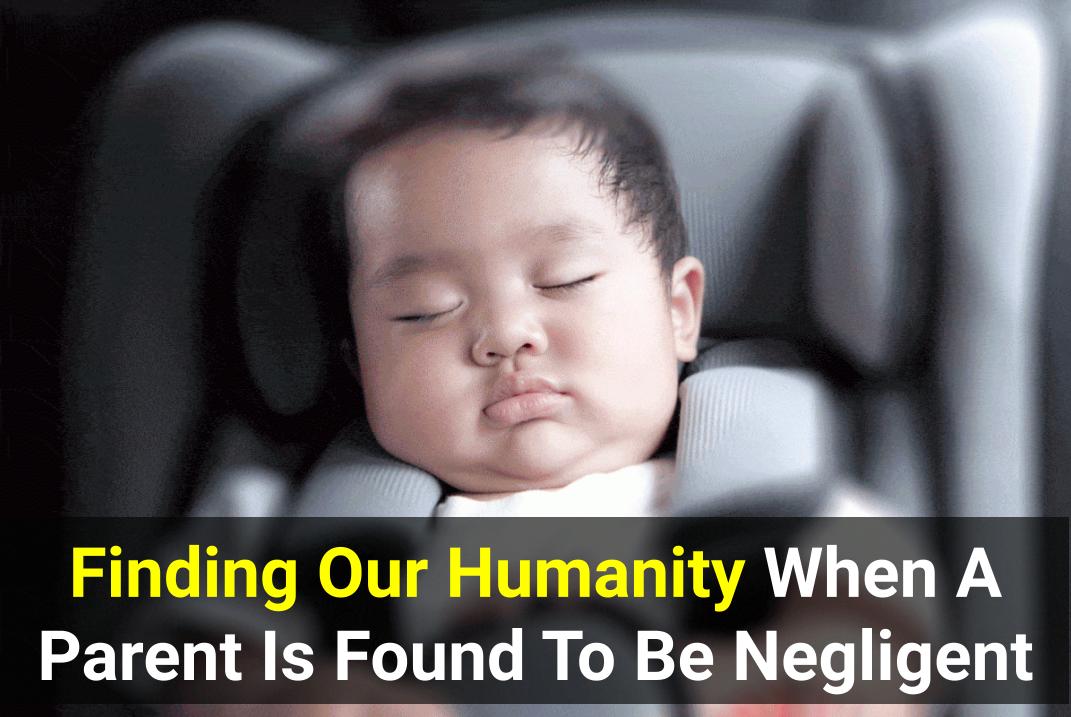Tragedy can happen to the best of us. And as parents, we can only pray that we would be able to go through our day with our children steering clear from harm, ensuring that they have the space to grow and thrive. But the arch of the law stands alone, administering its weight when tragedy strikes. But we need to stand with our hurting humanity.
Tragedy struck when a headmistress in Sungai Petani lost her three-year-old student Muhammad Harraz Aryan in a freak mishap. Already heaped with the burden of managing her school, somehow duty overcame her mind and upon realising that the boy was left in the car under the hot sun, it was the beginning of an inconsolable sorrow.
One month later, tragedy struck again at Sungai Tiram when a grandmother drove home, went on with her usual chores but had unintentionally left a quietly-napping toddler to swelter to death in her car. Such a tragedy.
And of course, even before the weight of the law can be applied, opinions from commentators – both from hearsay and over social media begin to take the pseudo role of judge, jury and executioner behind the comforts of their own spaces.
“How can you leave a child in the car and forget about it ? It is total nonsense. That old lady should be put away in jail and rot. She has caused the loss of an innocent life. There is no excuse for her.”
The comment above made by a reader of the news report on the Sungai Tiram incident is representative of a substantial portion of public opinion, year in and year out, everytime a similar tragedy arises. Beyond doubt this was a calamitous, egregious blunder, but was it a life-sentence crime?
When I was serving at the Attorney-General Chambers, I was handed the investigation papers of a father who had inadvertently caused the death of his youngest son in an identical, tragic manner.
His story couldn’t sound so similar. The man had a daily routine. Each morning he would first send his son to his tadika, drop off his wife at her workplace, before heading to his own. As it happened, he decided to drop off his wife first one morning, then autopilot instincts took over: he went straight to work from there. Eight hours later, he discovered his son lifeless in his car.
It is not difficult to imagine how a simple change in routine could result in something so catastrophic, but it is extremely uncomfortable. We are habitual beings and there is the burden of adjustment when something else, no matter how small changes our routine.
When we see cases like these, we forget that tragedy would befall even the best of us. We disregard this mortal truth. Many of us are nothing like him, we tell ourselves instead. Unable to face the resemblance, our knee jerk response is to lump him in another category from us, vilify him, and paint him a monster-of-the-worst-kind.
But, perhaps if more understand how our brain works, less would be so eager to condemn. But have we learned how to weep with those who have had to endure this fate?
With his investigation papers in my hand, the weight of my duty as an officer of the law held its balancing act. At one end of the beam, my heavy heart reached out for the poor man and at the other, I still had to make the tough call: whether the AGC should initiate prosecution. Such is the pressure being at that fulcrum of justice.
Don’t you think the man is punished enough already by his own guilt? A colleague offered.
Yes.
His pain will never go away. My heart whispered.
I know.
But what about the child? A small voice in me asked.
Torn between an ethical dilemma, some would argue for discretion, to let it go. But, I firmly believe that the exercise of discretion should never be in only one direction that it deprives the other party of the administration of justice. Especially not when there are appropriate laws in the form of Section 304A of the Penal Code, Section 31A and 33 of the Child Act 2001, are narrowly tailored to handle such instances.
But, I firmly believe that the exercise of discretion should never be in only one direction that it deprives the other party of the administration of justice.
Pouring through pages of legislation, after researching precedents and confronting my inner conflicts, I proposed to greenlight the prosecution. The father pleaded guilty, and for the lack of the proper phrase, convicted of his crime. There was a sense of duty done, but I derived no relish in the outcome. Only bitterness.
The law is an efficient arbiter of justice. But it does not know how to love. We do. We must learn how to weep with those who had such tragedy befall upon them. Smile together. Weep together. Only then, we move closer to embracing our humanity.


